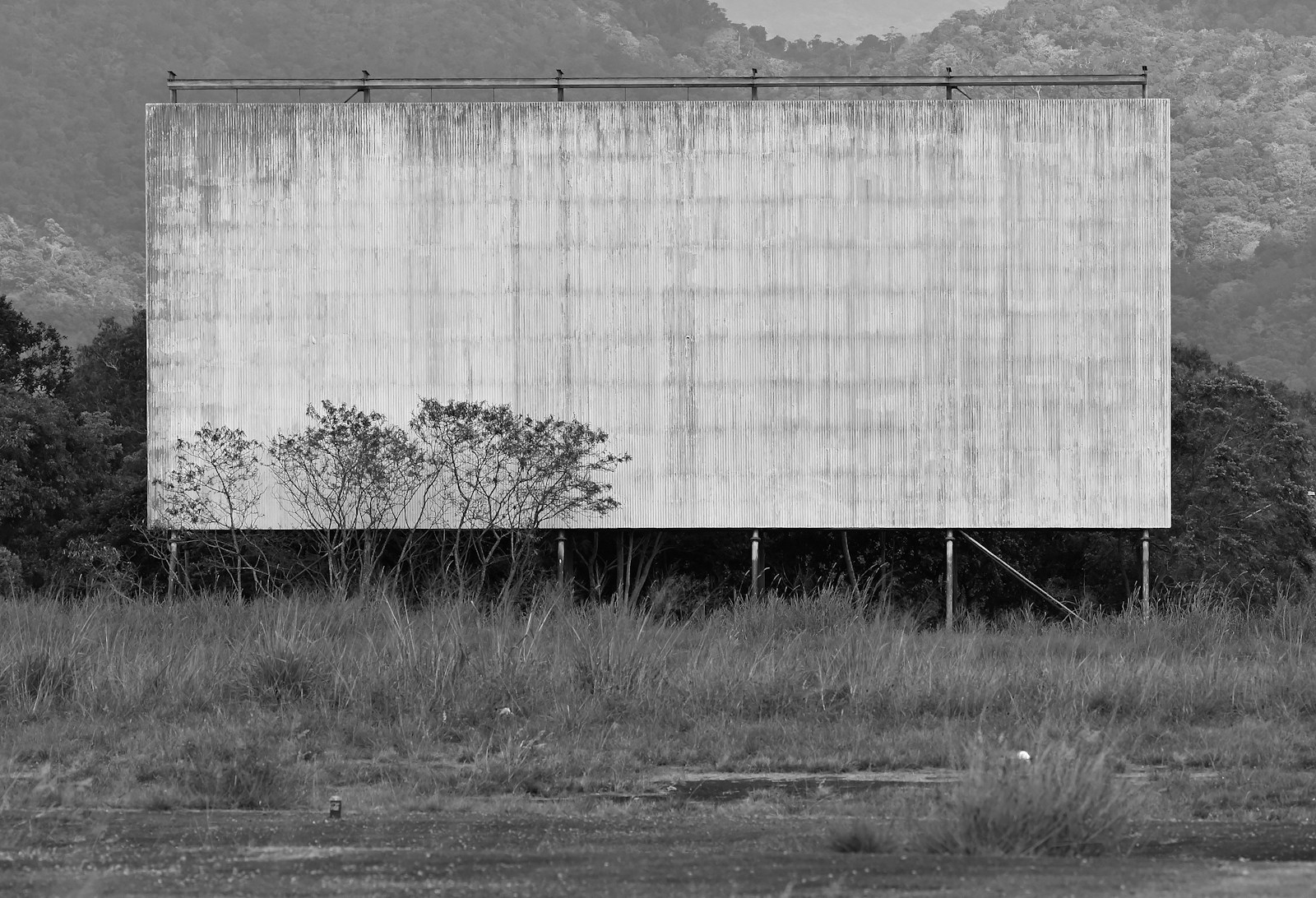
ieri

yesterday
In Italian, the word 'ieri' is used to refer to the day immediately preceding the current day. It is a single word equivalent to the English phrase 'yesterday'. It is often used in sentences such as 'Ieri ho studiato tutto il giorno' which translates to 'Yesterday, I studied all day'.
Example sentences using: ieri
Ieri ho mangiato la pizza.

Yesterday I ate pizza.
This sentence is in the past tense, demonstrated by the verb 'ho mangiato' which means 'I ate'. The subject of the sentence 'I', which is implied, ate 'la pizza' which means 'the pizza' yesterday - conveyed by 'ieri'.
Ieri è stato un bel giorno.

Yesterday was a nice day.
In this sentence, 'ieri', meaning 'yesterday', is the subject. 'È stato' is a past tense form of the verb 'essere', here meaning 'was'. 'Un bel giorno' translates to 'a nice day', thus the entire sentence translates to 'Yesterday was a nice day'.
Hai visto Maria ieri?

Did you see Maria yesterday?
This sentence is a past tense question, asking if 'you', the subject of the sentence, had seen 'Maria' yesterday, signified by 'ieri'. 'Hai visto' is a past participle of the verb 'vedere', meaning 'to see', and in this context translates to 'Did you see'.